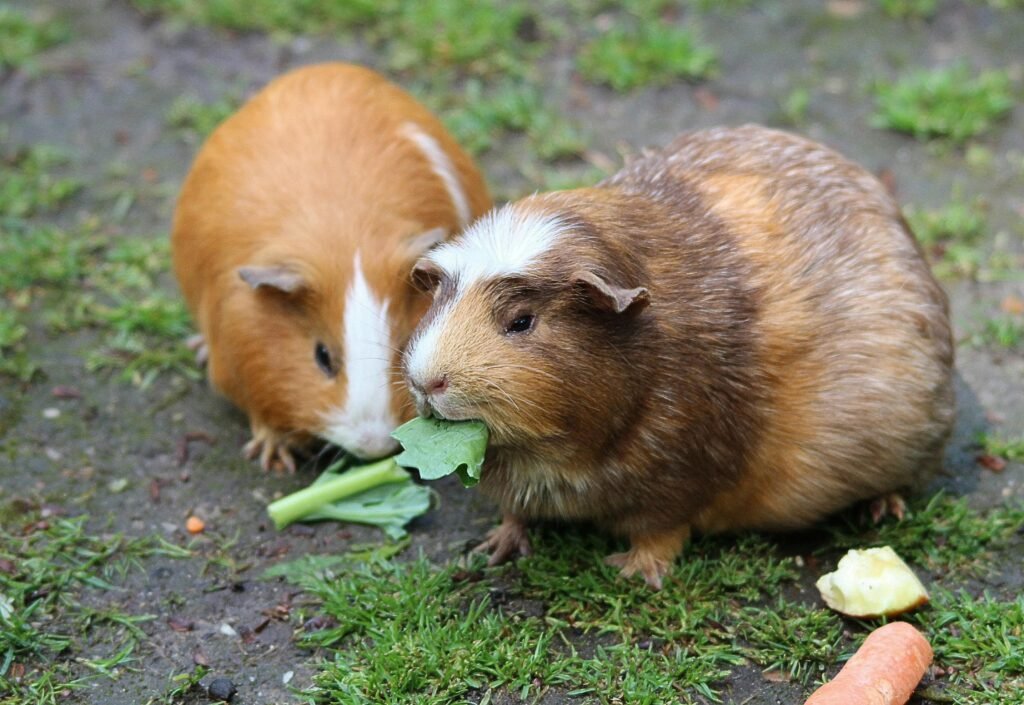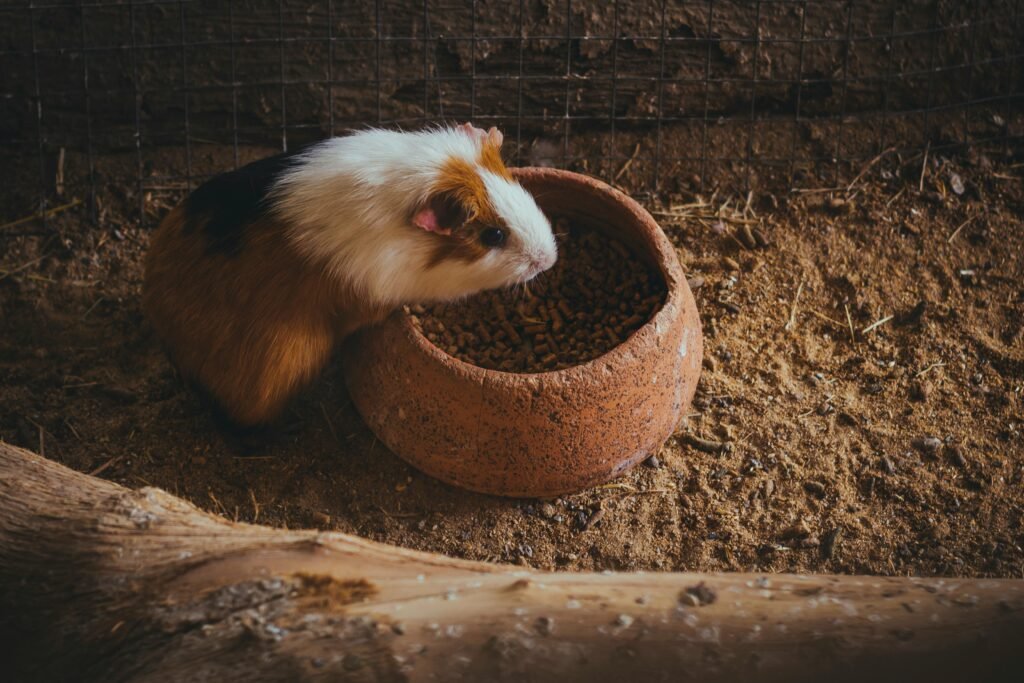

Can Guinea Pigs Eat Grapes?
When it comes to feeding our small pets, it’s crucial to know which fruits and vegetables are safe. One common question is: can guinea pigs eat grapes? Let’s dive into the details to ensure your guinea pig stays healthy and happy.
Are Grapes Good for Guinea Pigs?
Grapes can offer several health benefits for guinea pigs when fed correctly. Unlike dogs, guinea pigs can safely enjoy grapes as a treat. Here are some of the potential benefits:
- Antioxidants: Grapes contain antioxidants such as quercetin, resveratrol, and polyphenols, which may help in fighting certain cancers and improving heart health.
- Hydration: With high water content, grapes can help keep your guinea pig hydrated.
- Potassium: This essential electrolyte is beneficial for overall health.
- Vitamin C: While grapes contain vitamin C, they aren’t as rich in it as citrus fruits. Guinea pigs require vitamin C in their diet since they can’t produce it themselves.
Can Grapes Be Bad for Guinea Pigs?
Despite their benefits, grapes also pose some risks:
- High Sugar Content: Grapes are high in sugar, which can lead to obesity and gastrointestinal issues if fed in excess.
- Dietary Imbalance: Guinea pigs need a diet high in fiber and low in sugar. Fruits should only make up about 5% of their diet, with hay and vegetables being the main components.
- Allergies and Gastrointestinal Upset: Although rare, guinea pigs can be allergic to grapes. Introducing grapes slowly can help prevent diarrhea or other digestive issues.
Feeding Guidelines
If you decide to treat your guinea pig to grapes, follow these guidelines to ensure their safety:
- Moderation: Offer grapes only once or twice a week. One grape per sitting is enough.
- Seedless Grapes: Always choose seedless grapes to prevent choking hazards.
- Proper Preparation: Wash the grapes thoroughly and cut them into halves or quarters.
- Monitor: Watch for any adverse reactions after feeding grapes, such as changes in behavior or gastrointestinal upset.
Seeds or Seedless?
While grape seeds contain beneficial antioxidants, they pose a choking risk. It’s best to stick to seedless grapes to ensure your guinea pig’s safety.
Can Guinea Pigs Eat Grape Jelly or Wild Grapes?
- Grape Jelly: Avoid feeding grape jelly to your guinea pig due to its high sugar content and artificial additives.
- Wild Grapes: If you’re certain of their safety and they are pesticide-free, wild grapes can be offered. Always wash them thoroughly and inspect for abnormalities.
Keep your Guinea Pig Happy and Healthy
Grapes can be a delightful and nutritious treat for guinea pigs when given in moderation. They offer hydration, essential nutrients, and antioxidants. However, due to their high sugar content, they should only be an occasional treat. Always prioritize hay as the cornerstone of your guinea pig’s diet and consult with a veterinarian to ensure you’re meeting all their dietary needs. Treat your furry friend responsibly, and they’ll enjoy a healthy and happy life.
For more pet care tips and reviews, visit Peternity Reviews.
